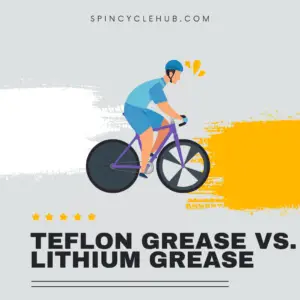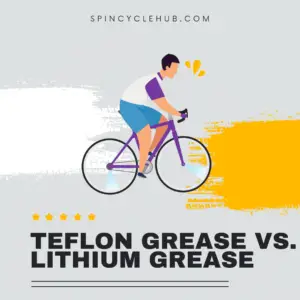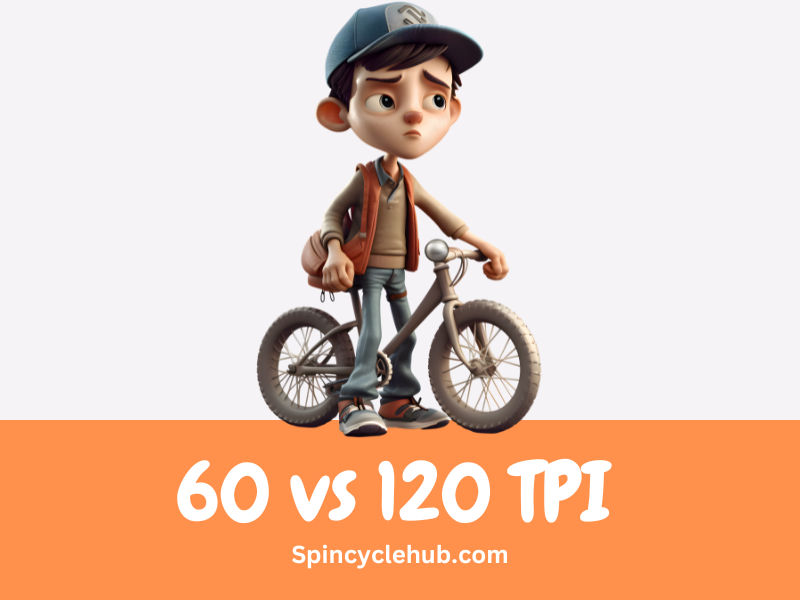Hey there, grease enthusiasts! If you’ve ever tinkered with machinery or dealt with mechanical parts, you know how important it is to keep things running smoothly. That’s where the magical world of greases comes into play. Today, we’re going to dive into the showdown of two popular contenders: Teflon grease and lithium grease. Get ready to witness the ultimate lubricant face-off!
Teflon Grease: The Slippery Superhero
Let’s start by breaking down Teflon grease, also known as PTFE grease. Don’t let the fancy acronym scare you; it’s just polytetrafluoroethylene – a super slippery compound. Think of it as the Batman of lubricants, reducing friction like nobody’s business.

One of the biggest perks of Teflon grease is its ultra-low friction, making it perfect for high-speed applications. If you want your machines to move like The Flash, this is your go-to grease. Plus, it’s like a guardian angel for your moving parts, reducing wear and tear and extending their lifespan. Oh, did I mention it’s also resistant to moisture and corrosion? Yep, it’s an all-weather warrior!
Now, let me share a personal Teflon triumph with you. Last summer, my trusty old bicycle was making a racket. The chain sounded like a thousand squeaky doors, and pedaling was no fun. I decided to give Teflon grease a shot, and boy, was I impressed! After a little greasing action, my bike felt like it was gliding on butter. Smooth and quiet, just the way I like it!
But wait, every superhero has its kryptonite. Teflon grease can’t handle heavy loads, so don’t expect it to work wonders in places with high pressure. Also, it’s not a fan of extreme temperatures – too much heat or cold can make it less effective. But hey, even superheroes have their limitations.
Lithium Grease: The Versatile Workhorse
Now, let’s shift gears and talk about the good ol’ lithium grease. This grease is like the dependable sidekick that’s been by our side for years. It’s made from lithium soap and mineral oil, giving it that rugged and versatile nature we all love.
Lithium grease shines when it comes to handling heavy loads. If you’ve got bearings or chassis points that need some lovin’, this grease is up for the task. It can also take on a wide range of temperatures, from scorching summers to freezing winters. Whether you’re sweating under the sun or shivering in the cold, lithium grease has got your back.
Here’s a personal encounter with lithium grease. Last winter, my car’s door hinges were driving me nuts. They squeaked like a choir of chipmunks on a sugar rush. My neighbor, a seasoned DIY guru, suggested I try lithium grease. I gave it a shot, and let me tell you, it was like magic! The hinges became as silent as a library, and I felt like a grease wizard!
But of course, there’s always a catch. While lithium grease can handle heavy loads, it’s not the best when it comes to high-speed situations. If you need speed, Teflon grease is the one for you. Additionally, it’s not a fan of water, so be cautious in wet environments.
Use Cases: Where to Apply Each Grease
Alright, let’s get practical. Where should you use each grease to get the best results?
If speed is your game, Teflon grease is your winner. Use it in places where you need things to move at lightning speed, like bicycle chains and gears. Oh, and don’t forget high-speed industrial machinery that needs to be efficient and smooth.
On the other hand, if heavy-duty is what you need, lithium grease is your go-to buddy. It’s perfect for automotive bearings and chassis points, providing lasting protection in tough conditions. Also, don’t forget to use it on door hinges and locks to keep those squeaks at bay.
Comparison: Teflon Grease vs. Lithium Grease
Now that we’ve seen both greases in action, let’s compare them head-to-head.
Teflon grease wins in the speed and friction department, reducing it to a minimum and making it perfect for high-speed applications. However, when it comes to handling heavy loads, lithium grease takes the crown. It’s the Hercules of greases, supporting hefty machinery without breaking a sweat.
When it comes to temperature, lithium grease is the champion. It can take on extreme heat and freezing cold without losing its effectiveness. On the other hand, Teflon grease might not perform at its best in extreme temperatures.
Water washout is another factor to consider. Teflon grease is resistant to moisture, while lithium grease might wash out in wet environments. So, if you’re working around water, keep this in mind.
The Verdict: Choosing the Right Grease
Alright, grease gurus, it’s decision time. Choosing between Teflon grease and lithium grease depends on your specific needs.
If you need speed and low friction, Teflon grease is your winner. It’s perfect for high-speed scenarios and reducing wear and tear.
On the other hand, if you need a grease that can handle heavy loads and extreme temperatures, lithium grease is your champion. It’s the go-to grease for heavy-duty applications and harsh environments.
Expert Recommendations and Safety Guidelines
Before you start greasing everything in sight, let me share a little advice. Always follow the manufacturer’s recommendations and safety guidelines. If you’re dealing with specific situations or have doubts, consult grease experts for their valuable insights.

Conclusion
In this epic battle of greases, we’ve seen Teflon grease and lithium grease duke it out for supremacy. Both have their strengths and weaknesses, making them ideal for different scenarios. So, keep those machines well-lubricated, and remember to choose the right grease for the right job!
FAQs (Frequently Asked Questions)
1. Can I use Teflon grease on my car’s wheel bearings?
– While Teflon grease is fantastic for some applications, it’s not the best choice for car wheel bearings. Stick to lithium grease for your car’s wheel bearings.
2. Is Teflon grease safe to use in food-grade applications?
– If you’re dealing with anything related to food, it’s best to stay away from Teflon grease. Stick to food-grade lubricants to ensure safety and compliance with regulations.
3. Can I mix Teflon grease with lithium grease?
– It’s not a great idea to mix greases as they might not play well together. Mixing different greases could result in reduced performance and might lead to compatibility issues.
4. Will Teflon grease work in extreme cold weather?
– Teflon grease doesn’t fare well in extremely cold temperatures. When the mercury drops, it becomes less effective, and you’re better off with lithium grease for those frosty situations.
5. Can I use lithium grease on plastic parts?
– Lithium grease may not be the best choice for plastic parts as it can cause degradation and damage over time. Opt for silicone-based or synthetic greases for plastic components.
- A Deep Dive into PTFE Lubricants This link takes readers to a comprehensive article on machinery lubrication that delves deeper into Teflon grease and its properties. It provides additional technical insights and real-world applications, perfect for readers who want to geek out on the science of lubrication.
- Lithium Grease for Automotive Maintenance This link leads to an automotive-focused website that discusses the benefits of lithium grease in car maintenance. It covers various automotive applications where lithium grease excels and offers practical tips for DIY enthusiasts looking to tackle their car’s lubrication needs.
Watch this one,
Video Credits – Lucas Oil
DOWNLOAD THIS ARTICLE :Click Here
You May Also Like
-
9 Speed Cassette on 11 Speed Hub: Mixing it Up for Cycling Adventures
-
SPD vs. SPD-SL Stack Height: Choosing the Right Cycling Pedals



